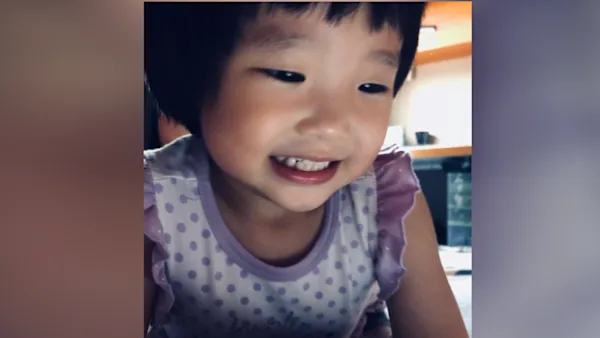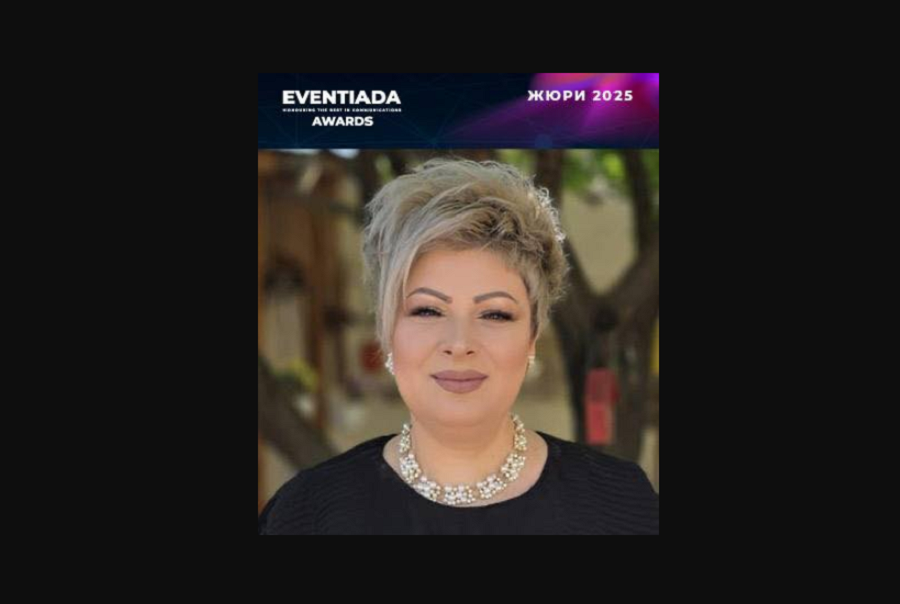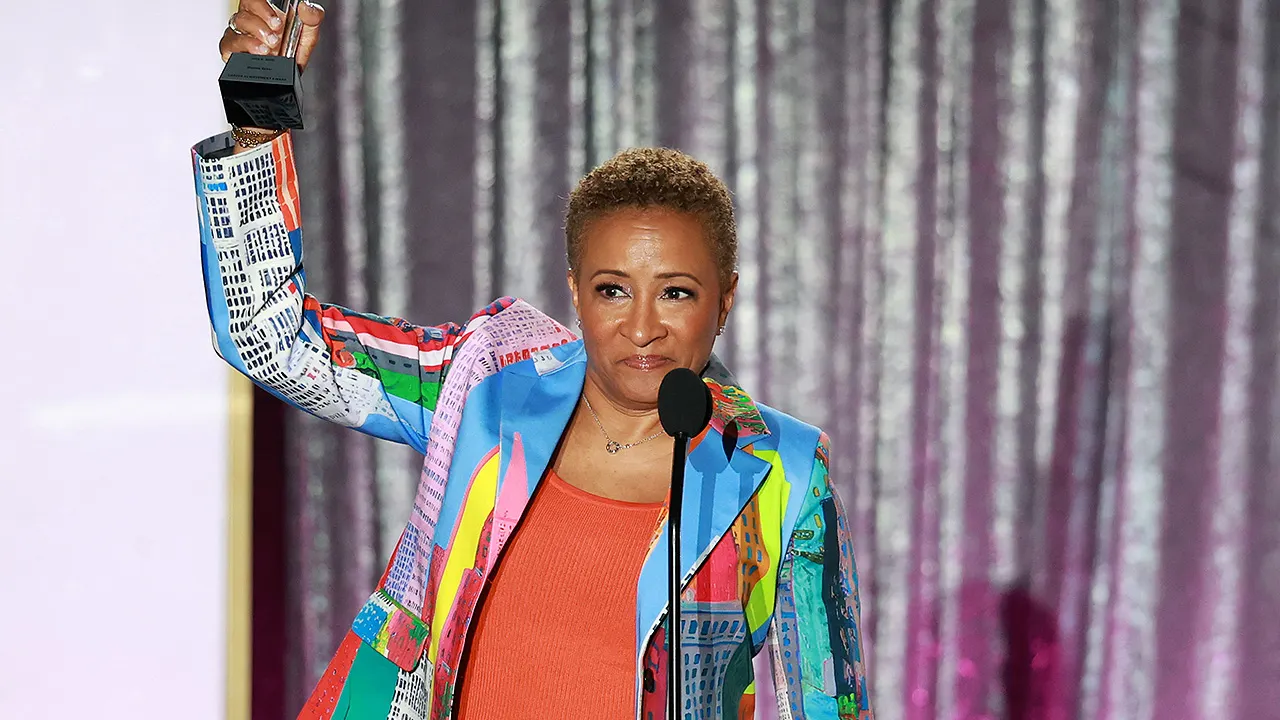Copyright channelnewsasia

Other jurisdictions, such as the United States and Hong Kong, have established such panels to identify preventable factors in child deaths and strengthen public accountability. A legislated panel must publish its findings to ensure transparency and objectivity to foster a culture of continuous learning. More importantly, it assures the public that no child’s death is ignored. STRENGTHENING PROFESSIONAL SENSITIVITY AND OUR COLLECTIVE REFLEX The recommendations put forward by the panel for Megan’s case are sound and necessary. Yet the true test lies in how we act upon them. Reform is not only about clearer Standard Operating Procedures (SOPs) or new frameworks. It must reach deeper into the culture, instincts and reflexes of our child protection ecosystem. This requires addressing tangible issues that child protection professionals face, such as caseload fatigue, performance pressures and communication gaps that can dull professional judgement. Capacity building must extend beyond the core protective services. Those who encounter children daily – childcare educators, preschool teachers, healthcare and community workers – should be equipped to notice when something feels “off” and feel confident to act on that intuition. A strong child protection system is one where each of us feels the responsibility to notice, to act, and, when necessary, to question or challenge assessments, especially when our professional views contradict those of statutory bodies. For this to hold, the authorities too must embrace constructive challenges, respect differing professional views, and be willing to re‑examine their assessments of a child’s safety. Independent reviews and procedural reforms matter, but they must serve a larger aim, which is to rebuild a culture of accountability, courage and care that transcends protocols. We owe it to Megan and to every child who has gone before her in similar circumstances to do this well. To ensure their deaths are not remembered as isolated tragedies, but as turning points that compel us to build a system worthy of the children it exists to protect. Cindy Ng-Tay is Director of Melrose Home at Children’s Aid Society. She is a social worker by training with extensive experience working with low-income families and persons experiencing violence and abuse.



